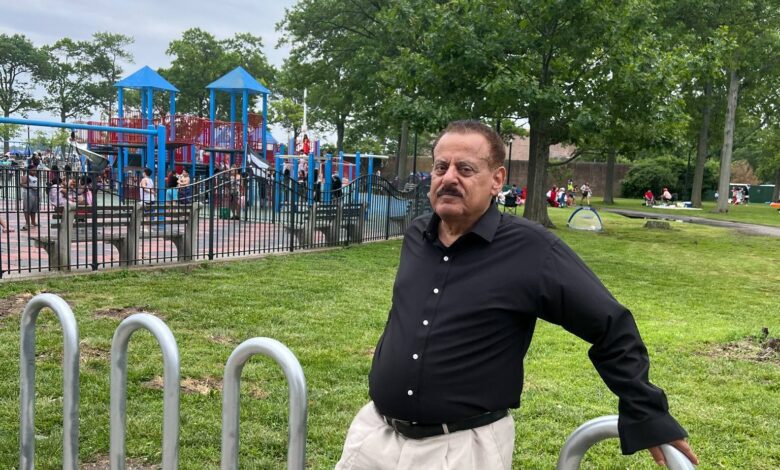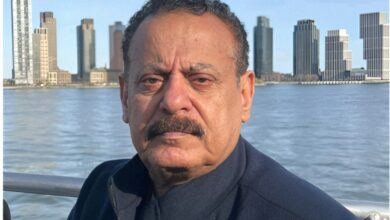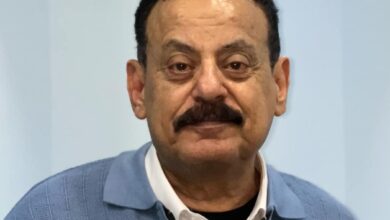Searching for the Future

Yemeni mp
Ahmed Saif Hashed
I graduated from the military academy… but to where? Between aspiration and reality lies a vast expanse. My desire to enroll in university is overwhelming, yet my financial circumstances are bleak and burdensome. The salary I received during my time at the academy will soon come to an abrupt end, and I have neither saved for the future nor am I in need.
What little I earned was spent almost immediately, as if a relentless pursuer were after it, making it vanish before I could grasp it. I spent some, assisted others, and lent money without expecting repayment, often refusing to reclaim what I had lent. There is a cost to your humanity that must be paid, as the absence of money diminishes your independence and infringes upon your freedom. Your lack can become a source of exploitation by those who possess wealth and withhold it from you.
Moreover, money can also pose a dilemma that prevents you from achieving even your most modest dreams and wishes, or at the very least, it delays their realization. As the writer and personal development speaker Robert Ashton said, “Comparing your monthly expenses to your income will reveal the true extent to which money stands as an obstacle before you.” What then of my situation, when I am left empty-handed and devoid of resources to stave off hunger?
Even if I were to find a solution to this dilemma, or most of it, I would still remain in need, with diminished independence and freedom. Thus, I chose to postpone my dream of attending university and to continue my service in the military, as this would grant me the opportunity to fulfill my aspiration for higher education, albeit after two years or more. This is how I viewed the matter, or so I calculated.
My graduation from the military academy took place on September 1, 1983. I chose to join the Unity Brigade, whose camp is located in the province of Abyan, as it was the best opportunity available to me. Most of the brigade’s personnel and officers came from the north to the south, following Abdullah Abdulalam. Joining any other unit was left to chance, which could have cast me away to some distant island or desert, making my pursuit of higher education significantly more challenging. The likelihood of receiving approval for my study leave would have been even slimmer.
According to the prevailing laws and regulations, I was required to serve at least two years in the military after graduation before I could dedicate myself to university studies and receive a salary to support my education.
The brigade’s camp was situated near the provincial capital, Zinjibar. As I mentioned, many of its members and officers hailed from the north. The brigade was commanded by Colonel Abdullah Mansour, a man with a fierce countenance, whose smile revealed sharp features and who belonged to Abyan. I felt a sense of unease whenever I saw him, while he treated my colleague, Sanad al-Rahwa, with kindness and respect. The brigade’s chief of staff, Abdulwahid, also from the north, was more capable of leadership than Mansour, yet he often avoided displaying strength before the commander and was largely passive.
Conversely, the brigade’s political deputy, Captain Fat’h from Abyan, inspired in me a sense of fondness and satisfaction. He showed genuine concern for me and treated me with attention.
In the Unity Brigade, I was assigned as the commander of the first platoon in the brigade’s reconnaissance company. First Lieutenant Mohammed al-Hayani, a graduate of the eighth batch from the north, commanded the second platoon, while Second Lieutenant Sanad Al-Rahwa from Abyan, a graduate of the tenth batch, led the third platoon. Meanwhile, Abdu Qaid Al Kuhaly, the commander of the reconnaissance company, came from the northern province of Ibb. After a year, a new officer was added to the company—Lieutenant Alwan, also from the north, a graduate of the eleventh military academy batch.
The non-commissioned officers in the company were all from the north. Among us officers in the reconnaissance company, there was a spirit of respect, harmony, and understanding as colleagues, and with the soldiers and non-commissioned officers, we acted as leaders and comrades-in-arms, without compromising on discipline, duties, or the tasks assigned to us.






